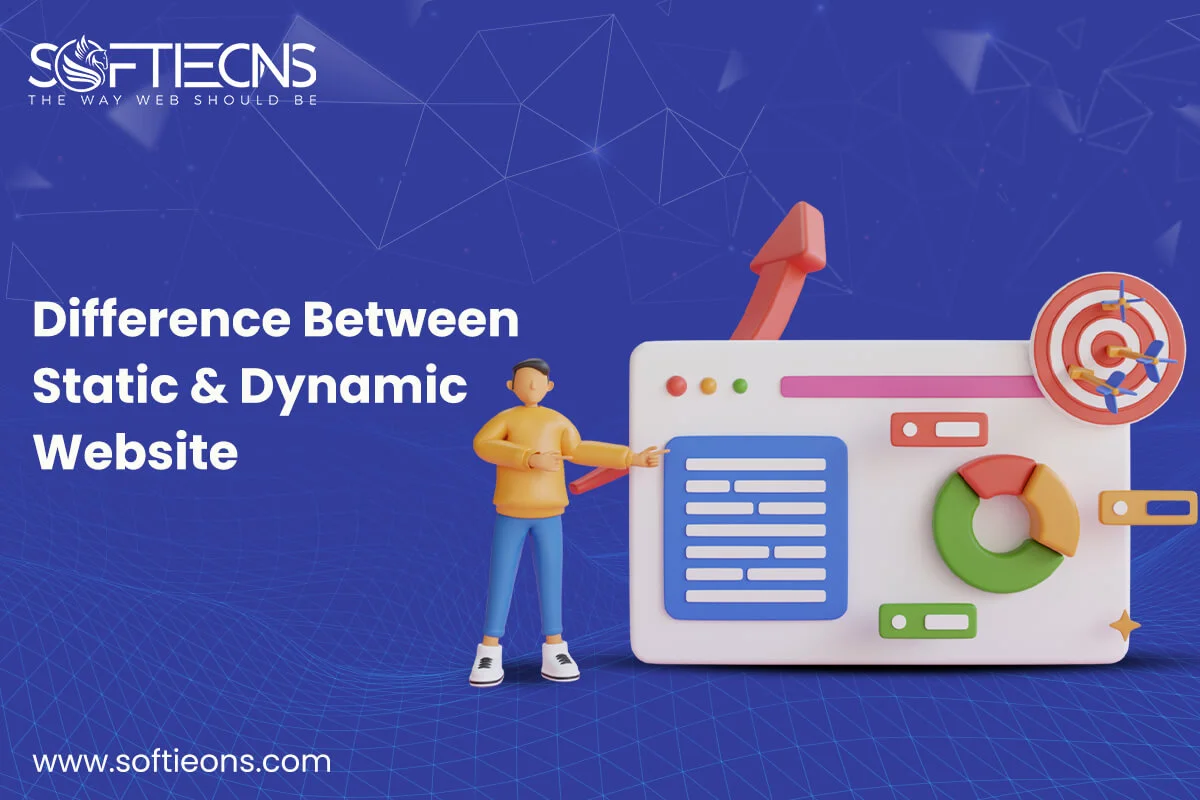Role of Mobile Apps in the Construction Industry
Wed, 14 Apr 2021
The mobile app development area is especially appealing, focused on numerous devices for which a developer can create applications. App developers expect the rapid growth of connected devices other than tablets and smartphones in the future. Inevitably this is a rapidly growing and changing industry.
The construction industry is continuously growing at a rapid rate, but the one thing that remains the same is that construction projects need a tremendous amount of human and resource management in the sector. The role of Mobile Apps in the Construction Industry makes its presence felt in the construction industry, allowing the maintenance of team tracking, milestones, schedules, and more.
This impacted productivity and increased resource burden for maintaining information. Building professionals have mobile apps or tablets fast into the current scene. There is an immense opportunity to improve efficiency, cut costs, and speed up the timelines of the project with mobile solutions.
Various ways to help mobile apps in creating a lasting impact on the construction sector.
- Minimize delays in the process – To reduce project delays, it is important to monitor information about various aspects of the construction process such as progress, defects, or accidents.
- Seamless communication with stakeholders – One of the roles of Mobile Apps in the Construction Industry is to facilitate the exchange of information with various stakeholders about daily reports at work. This makes quick contact between stakeholders involved in the project.
- Increased efficiency & Focus on Core Tasks – Growing productivity in the back office allows the emphasis to be on core tasks and complete construction projects on schedule and budget.
- Improve accountability of field staff – Another benefit of mobile apps is efficient tracking of the field resources spent on-site. This increases transparency and decreases labor costs.
- Equipment Management – Planning and servicing of the machinery play a crucial role in deciding a construction company’s bottom line.
- Contract Management – These tools assist staff with many critical tasks, such as updating contract-compliance checklists or gathering client and contractor communications information that occurs when contract terms are renegotiated.
- Performance Management – Some output dashboards can import data from fields and ease the information gathering process.
- Document Management – Powerful software for document management can help upload documents, track changes, and keep track of all actions, as well as allow easy access to records.
- Safety Tracking – Many apps allow site-wise reporting of safety incidents, as well as providing crucial safety alerts to the entire workforce.
- Quality Control – Many new technologies, such as the integration of artificial intelligence with mobile technology, will help develop quality control systems.
Conclusion
Developing a mobile app enables real-time updates such as collecting information from an office and sharing the information with relevant stakeholders at various locations, anytime, anywhere. Its system is used for measuring and monitoring daily tasks as well as critical information and streamlining coordination between field and office teams. We at softieons technologies work on mobile app development and help the customers as per their business needs.
POPULAR POSTS
Shopify vs. WordPress: Which one is best for e-commerce?
Wed, 07 Apr 2021Role of IoT in the Real Estate Industry
Wed, 14 Apr 2021Why UX And UI Is Important For Mobile Application Development
Sat, 01 May 2021Telemedicine's Advantages in Nursing Homes
Fri, 24 Dec 2021RECENT POSTS
Difference Between Static Website And Dynamic Website
Wed, 24 Apr 2024Flutter vs. React Native: Which One to Choose in 2024?
Mon, 22 Apr 2024Exploring the Benefits of Professional Website Design Companies
Fri, 29 Mar 2024Understanding The Role Of Web Design Firms
Fri, 22 Mar 2024









